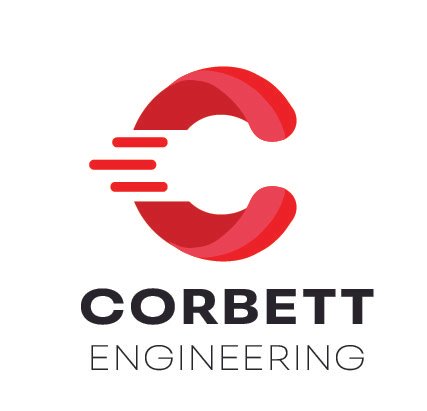Design for Manufacturing (DFM): A Necessity for Initial Engineering Drawings
In today’s competitive manufacturing landscape, integrating design for manufacturing (DFM) principles from the initial drawing stages is not just good practice but an indispensable component in the production process. DFM is a proactive approach that addresses production issues at the design stage, reducing costs and lead times while maintaining the integrity of the design.
Importance of DFM in Initial Drawings:
Design for Manufacturing ensures that products are designed with the ease of manufacturing in mind. By incorporating DFM principles from the initial design stages, engineers can eliminate redundant features, optimize manufacturing processes, and significantly reduce costs.
Understanding Material Constraints:
The choice of materials directly impacts manufacturing processes and costs. By understanding the properties and limitations of materials, engineers can choose materials that facilitate more accessible, more efficient, and cost-effective production. This is critical in avoiding unnecessary complications during the manufacturing phase.
Tolerance Analysis:
Tolerance analysis is crucial in the initial drawing stage. By specifying allowable variations in dimensions, engineers can ensure that components fit together correctly, reducing the need for adjustments and refinements during manufacturing. Tight tolerances might increase cost; hence, a balanced approach is needed based on functional requirements.
Simplifying Geometry:
Complex shapes and features may add to the aesthetic appeal but can also complicate the manufacturing process and escalate costs. Engineers should simplify geometry whenever possible, opting for basic shapes and minimizing the number of complex features, thus facilitating more accessible and economical production.
Component Reduction:
By minimizing the number of components in a design, engineers can significantly reduce assembly time, costs, and potential errors. A thoughtful approach to combining parts, where possible, will result in more streamlined and efficient manufacturing processes.
Standardizing Components:
The use of standardized components can drastically reduce lead times and costs. By incorporating commonly available and interchangeable parts, engineers can avoid the delays and expenses associated with custom features, optimizing the manufacturing process.
Utilizing Modular Design:
Modular design principles allow the creation of products with interchangeable parts, enabling customization and scalability. Engineers can offer more flexibility while simplifying production and maintenance by designing modules that can be easily assembled, modified, or replaced.
Facilitating Easy Assembly:
Designing for easy assembly minimizes the time and resources required in the assembly phase. By optimizing assembly sequences and minimizing the use of fasteners and adhesives, engineers can contribute significantly to reducing overall manufacturing costs.
Enabling Efficient Quality Control:
When DFM principles are ingrained in initial drawings, quality control becomes a seamless part of the manufacturing process. Designing for easy inspection and testing ensures defects or discrepancies are identified and corrected early, preventing costly rework and waste.
Incorporating Feedback Loops:
Maintaining open lines of communication between design and manufacturing teams is crucial for refining DFM principles. Regular feedback helps identify potential issues early in the design phase, allowing for adjustments before production begins, thus saving time and resources.
Design for Manufacturing is not just a principle but a comprehensive approach that engineers must integrate into their initial drawings to optimize the manufacturing process. By understanding and incorporating material constraints, simplifying geometry, standardizing and reducing components, utilizing modular design, and facilitating easy assembly, engineers can contribute significantly to the overall efficiency and cost-effectiveness of manufacturing. Regular feedback and iterative refinement of designs ensure the continuous improvement of products and processes, fostering innovation and competitiveness in the manufacturing landscape.
DFM is about making informed design choices that align with manufacturing capabilities, enabling the seamless transformation of ideas into tangible, high-quality products. By embracing DFM principles from the outset, engineers can create robust designs that are not only easy to manufacture but also economically viable, pushing the boundaries of what can be achieved in modern manufacturing.

